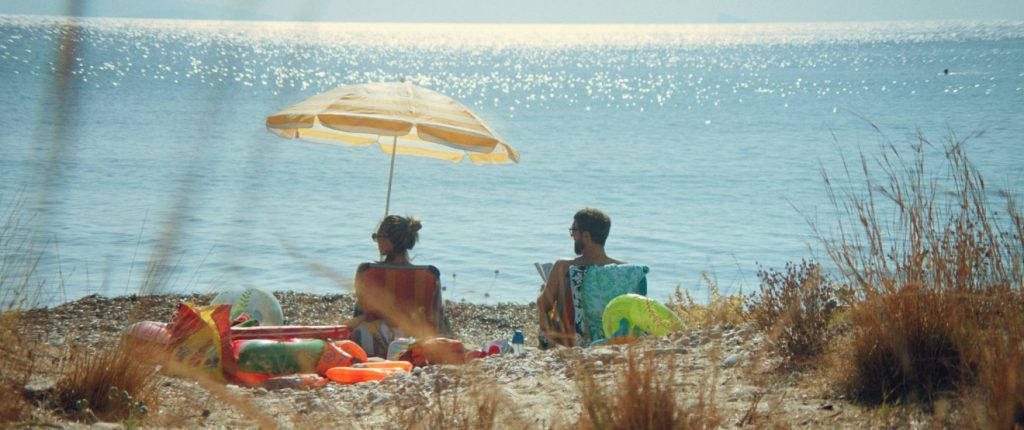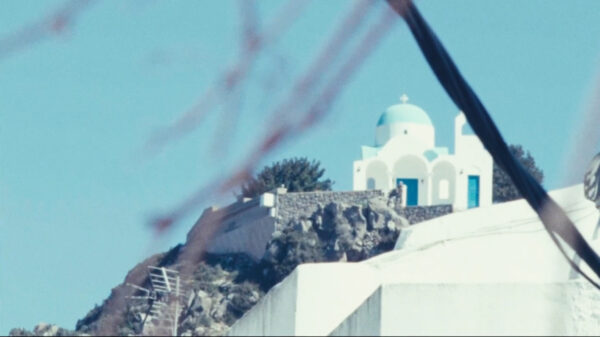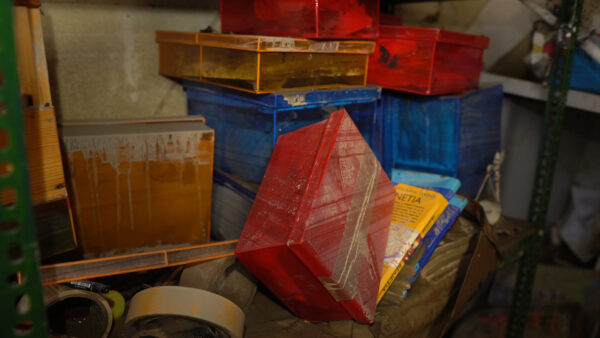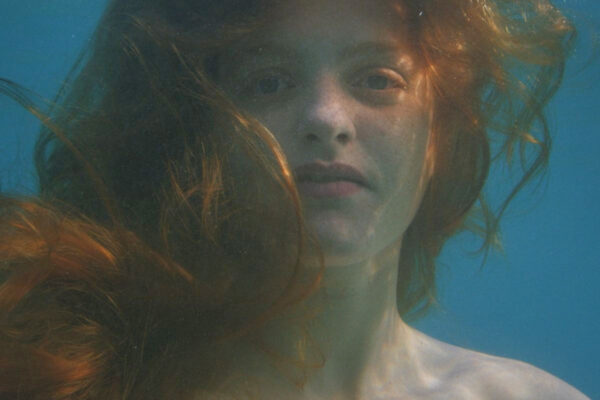Not With A Bang But A Whimper
Postcards from the End of the World
A dark satire look at the (possible) end of the world through the prism of middle-class and middle-aged malaise.

“This is the way the world ends. Not with a bang but a whimper.” The final lines of T. S. Eliot’s poem “The Hollow Men” are uncomfortably prescient in current times. While the stories from the hospital frontlines are twice as apocalyptic as any Hollywood blockbuster could hope to conceive, the scenes from various other pockets of the world are replete with a savage banality. We won’t go to our graves defending love and honour. We’ll go with our cold dead hands wrapped around a roll of toilet paper and a packet of cut-price pasta.
While Konstantinos Antonopoulos’ Postcards from the End of the World is not an exercise in angry vitriol that the current state of some of the world would seem to invite, there is a recognisable sense of dark satire and cynicism that runs throughout the entire film, which examines the (possible) end of the world through the prism of middle-class and middle-aged malaise.
Opening on bright, blue, and clear skies that fade into a family playing on the beach and the crystal clear water. It’s an idyllic set-up, but one that immediately wrong-foots us as this family isn’t our protagonist. As Dimitra and Dimitris look on at this ‘perfect’ family, a slight tinge of envy in their eyes and their own kids running around swearing at each other, the film immediately sets up their ingrained domesticity and familiarity with one another as something vaguely suffocating. Everything revealed about their lives points to the trappings of a comfortable middle-class lifestyle. They’re on vacation in an Airbnb on a Mediterranean island, sucking on their e-Cigarettes and only beginning to have an inkling that something might be wrong with the outside world when their phones and internet don’t work. Indeed, the very nature of what is happening outside of the island is kept vague. Only bits of information—the ferry has stopped coming, people have begun to hoard gas—filter through as if part of a game of Chinese Whispers in a kindergarten.
The film links their hesitant response to the situation to their own fractured relationship. While they live in a comfortable equilibrium–with early scenes of Dimitris picking his teeth and Dimitra shaving her nether regions showcasing the blithe disregard for the embarrassment that many in long-term relationships have—they have also stopped communicating in any meaningful way and, throughout the film, they say little to each other which could be construed as having much import. Their lack of communication is highlighted throughout the film: the audience has to rely on the use of a voice-over to glean any meaningful information, while one argument they have about how to handle the increasingly strange situation is unheard, witnessed by the audience through the windows of a closed door.
While the film pokes fun at our protagonists (at one point, the voice-over intones they are “exhausted from the heat and lack of internet,” slyly chastising them for treating both equally), it still treats them with sympathy. They have become ossified and trapped not in anger or rage but in an almost stifling blanket of comfort. That it takes an unknown and strange situation to shake them out of their malaise is both sad and hopeful.
Many of the encounters they have upon the way are also an indictment of the solipsism of human activity. The couple they ask about possibly getting a ride to the port gradually begins to ignore them and have sex. Another desperate couple resorts to using a gun to get what they want. The island becomes a microcosm of the worst of humanity—a bunch of people with high ideals reduced to deciding that they are the only ones who matter.
That said, the film does offer hope for humanity, with Dimitris and Dimitra perhaps looking for a way to accept the situation and strengthen their lives and relationships. But the very final moments make one wonder if that will continue.
Antonopoulos makes much of the bright sunshine and isolated setting, making it comforting and dangerous. There’s also a vein of the surreal, the dreamlike as if everything wasn’t really happening. This feeling is intensified by the performances of Angeliki Dimitrakopoulou and Yiorgos Gallos, who underplay everything wonderfully as they face their personal Armageddon with a small tut (or should that be whimper?) instead of a raised voice.
While the more apocalyptic overtones of Postcards from the End of the World were originally a backdrop to its clever and nuanced examination of human behaviour, they are much more foregrounded in light of the current world situation. And while the film is a scarily relatable insight into the human psyche at times of crises it’s also a clever, and often darkly funny, dissection of the rot at the heart of some relationships.





There are no comments yet, be the first!